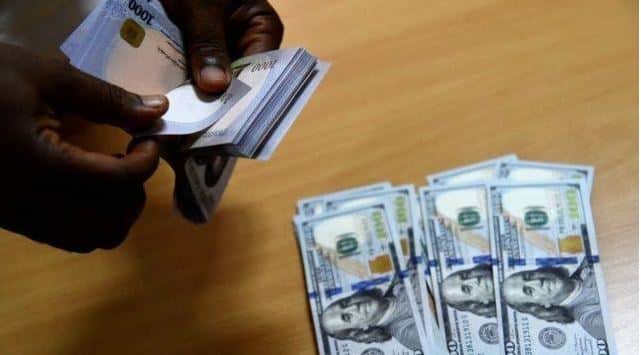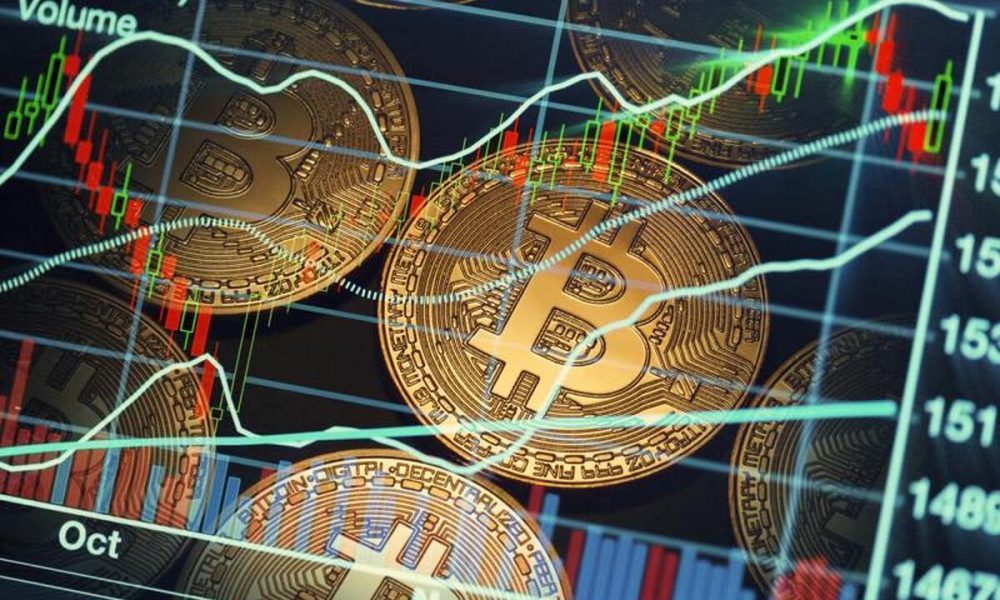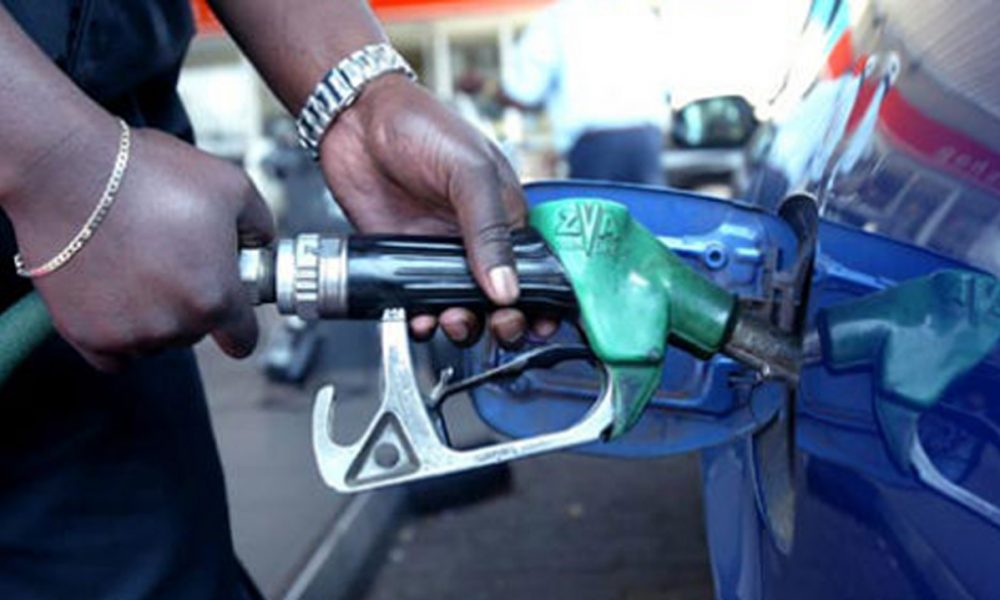**Naira Hits Record Low as Currency Continues Decline in Parallel Market**
The Nigerian naira has continued its downward spiral, with the exchange rate hitting ₦1,740 per dollar in the parallel market, sparking concerns among experts. The currency has been experiencing a significant depreciation trend, with some market analysts predicting that it could exceed ₦1,800 per dollar by the end of the year.
In a surprising twist, the Nigerian Autonomous Foreign Exchange Market (NAFEM) saw a slight appreciation in the Naira, with the indicative exchange rate decreasing to ₦1,600 per dollar from ₦1,601.2 per dollar last Thursday, indicating a ₦1.2 appreciation for the Naira. However, this trend is not expected to continue, as market participants speculate that the Central Bank of Nigeria (CBN) may intervene to alleviate the pressure on the exchange rate.
Industry players attribute the ongoing decline of the local currency to persistent supply shortages, while authorities have a different perspective on the issue. During the recent Monetary Policy Committee (MPC) meeting, the CBN Governor, Yemi Cardoso, noted that there is a link between the timing of FAAC disbursements and demand pressures in the foreign exchange market, suggesting that fiscal actions may be undermining exchange rate stability.
The Minister of Finance and Coordinating Minister of the Economy, Wale Edun, recently claimed that the primary issue is a lack of supply, and that Nigeria, being an oil-producing nation, should focus on increasing its oil production levels to address the issue.
The CBN has been under pressure to resolve the crisis, with some foreign exchange dealers calling for the apex bank to intervene and increase the volume of supply interventions to enhance foreign exchange liquidity. The CBN has been adopting a “minimal intervention” strategy since August, and some dealers speculate that this approach is linked to the challenges posed by limited foreign exchange resources available to the bank.
The new Automated FX Trading model, set to be implemented in December, is aimed at improving transparency and control within the market, reducing speculative activities, and eliminating market distortions. The CBN has announced a two-week test run, although specific dates have not been provided.
Several currency dealers have expressed their concerns about the current market conditions, with some projecting the dollar to close the month at ₦1,750 per dollar and end the year at ₦1,800. The Naira has been experiencing a severe shortage, with major buyers unable to secure supplies from the official market, leading to a scarcity of US dollars and driving up the exchange rate.
In the meantime, the Nigerian currency has been classified as one of the poorest-performing currencies in sub-Saharan Africa by the World Bank, a significant drop from its top-performing position in March. As the situation continues to worsen, the Naira is expected to end the year as the least effective currency globally.



